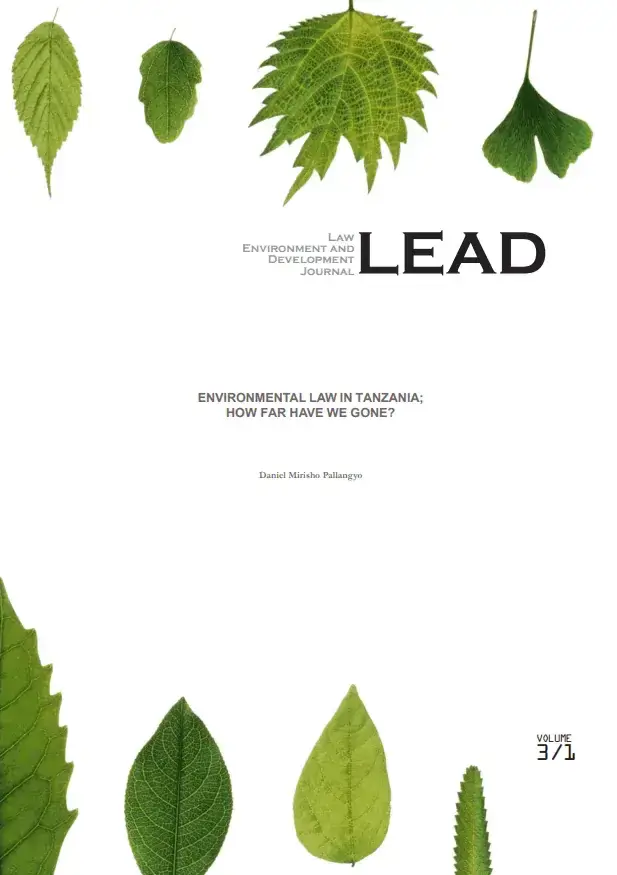Over the past few decades, environmental protection has emerged from a point of obscurity to one of the important issues of our time. Both at the international and national planes, the dominant theme of the environmental protection movement is the achievement of sustainable development.1 It is the theme, which underlies the Rio Declaration on Development and Environment, the Tanzania National Environmental Action Plan (NEAP) and the Tanzania National Conservation Strategy for Sustainable Development (NCSSD).2 The contemporary international norm which underpins environmental law generally is undoubtedly the notion of sustainable development. The pioneering World Commission on Environment and Development (the Brundtland Commission) convened by the United Nations General Assembly in 1983 in response to global environmental concerns, describes sustainable development as, ‘the development that meets the needs of the present without compromising the ability of future generations to meet their own needs’. Environmental Law.

